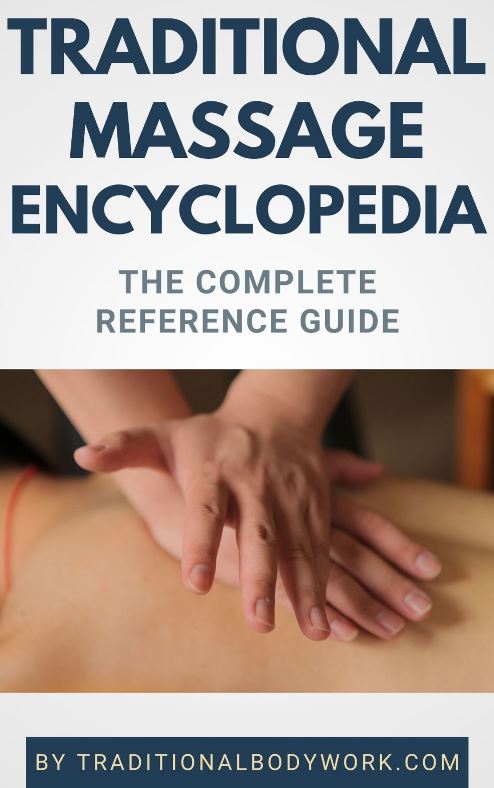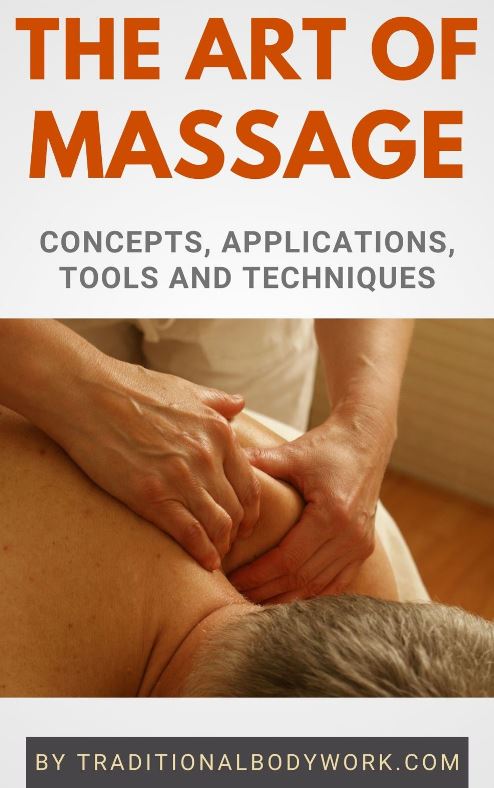Embarking on a massage therapy career extends far beyond the confines of the massage table.
It’s a journey that intertwines passion, skill, and the unwavering commitment to fostering well-being in others.
Today, the path to becoming a successful massage therapist is as diverse as the modalities it encompasses, requiring practitioners not only to master the art of touch but also to navigate the intricacies of the wellness industry.

With the sector’s continuous growth, fueled by an increasing awareness of the importance of holistic health, there’s never been a more opportune time to delve into this fulfilling profession.
Success in this field hinges on a blend of technical prowess, understanding the spectrum of massage practices, and a strategic approach to career development.
Exploring The Depth Of Massage Therapy
The realm of massage therapy offers a sanctuary not just for the body but for the mind and spirit.
It’s a profession that goes beyond the superficial layers of muscle and tissue, touching the very essence of health and relaxation.
As the demand for holistic health solutions escalates, the massage therapy industry has seen remarkable growth, with therapists now serving as pivotal figures in the wellness sector.
This expansion is not just in numbers but in the diversity of practices and approaches within the field.
A successful career in massage therapy now requires a well-rounded understanding of various modalities, a commitment to continuous learning, and an adaptable approach to client care.
Navigating The Modalities
Before embarking on a journey in massage therapy, it’s crucial to explore the vast landscape of modalities it encompasses.
Each technique, from traditional Swedish massage to the more specialized practices such as reflexology or sports massage, caters to different needs and offers unique benefits.
Understanding the breadth and depth of these modalities is the first step toward carving a niche in the industry. It’s about finding a balance between one’s passion and what the market needs.
Aspiring therapists should immerse themselves in research and hands-on experience to discover where their interest truly lies.
This exploration is foundational, as it informs the direction of their professional development and specialization.
Cultivating Professional Skills
The cornerstone of a successful massage therapy career lies in the continuous cultivation of professional skills.
Mastery in this field is not achieved through initial certification alone but through an ongoing commitment to education and personal growth.
This involves staying abreast of the latest techniques, understanding the nuances of client care, and developing a keen sense of empathy and communication.
Professional development can take many forms, from advanced workshops and certifications to peer collaboration and client feedback.
The goal is to enhance one’s ability to adapt to individual client needs, ensuring a therapeutic experience that is both effective and deeply personalized.
Embracing a lifelong learning mindset not only elevates the quality of care provided but also positions therapists for greater opportunities and recognition in the field.
Building A Business Acumen
In addition to honing therapeutic skills, building a robust business acumen is crucial for therapists aiming to either establish their own practice or thrive within an existing one.
This encompasses a range of competencies, from marketing and client retention strategies to financial management and operational efficiency.
Understanding the business side of massage therapy involves navigating regulations, insurance, and ethical practices, all while creating a welcoming and healing environment for clients.
Networking with professionals within and outside the wellness industry, leveraging social media, and adopting technology for scheduling and client management can significantly enhance business operations.
Success in this arena requires a balance between the art of massage and the science of business management, ensuring sustainability and growth in a competitive landscape.
Navigating Massage Therapy Education: A Pathway To Professional Success
Navigating the education required for a career in massage therapy is a critical first step towards professional success, laying the foundation for a rewarding journey in the field of therapeutic wellness.
The Foundation Of Massage Therapy Education
Embarking on a career in massage therapy begins with a comprehensive education that not only meets but exceeds the requirements set forth by state licensing boards.
Across the United States, the educational landscape for aspiring massage therapists is governed by a mosaic of regulations that ensure practitioners are well-prepared to offer therapeutic services safely and effectively.
Most states mandate a minimum number of training hours from accredited institutions, coupled with the successful completion of a recognized examination, such as the Massage and Bodywork Licensing Examination (MBLEx) or the National Certification Board for Therapeutic Massage and Bodywork (NCBTMB) exams.
This foundational step is crucial, as it lays the groundwork for a career characterized by skill, integrity, and a deep understanding of the human body.
Meeting State-Specific Requirements
The journey to becoming a licensed massage therapist varies significantly from state to state, reflecting the diverse requirements tailored to ensure local community standards are met.
For instance, while some states like Indiana require 625 hours of education, others like Nebraska set the bar higher with 1,000 hours of study and training.
The renewal of licenses introduces another layer of commitment to professional development, with continuing education units (CEUs) required in most states to maintain licensure.
This not only reinforces the therapist’s knowledge and skills but also keeps them updated on the latest practices and ethical standards within the profession.
Embracing Continuing Education
Continuing education serves as a bridge between initial certification and lifelong professional growth, ensuring that massage therapists remain at the forefront of therapeutic techniques and industry innovations.
States like Florida and Nebraska emphasize the importance of CEUs, mandating a specific number of hours for license renewal.
This commitment to ongoing learning reflects the dynamic nature of massage therapy as a field, where new research and methodologies continually shape the way therapists approach client care.
Moreover, continuing education fosters a culture of excellence and accountability, empowering therapists to expand their services and specialize in areas that align with their interests and the needs of their clients.
Key Takeaway
The journey of building a successful massage therapy career is multifaceted, blending the mastery of therapeutic techniques with an astute understanding of the business and educational requirements of the field.
This comprehensive approach ensures that therapists are not only proficient in delivering high-quality care but are also equipped to navigate the evolving landscape of the wellness industry.
By prioritizing continuous learning, embracing the diversity of massage modalities, and developing a solid business strategy, therapists can create a sustainable practice that thrives on excellence and adaptability.
The foundation laid through rigorous education and professional development paves the way for a rewarding career that transcends the boundaries of traditional massage therapy, making a lasting impact on the health and well-being of clients.

















